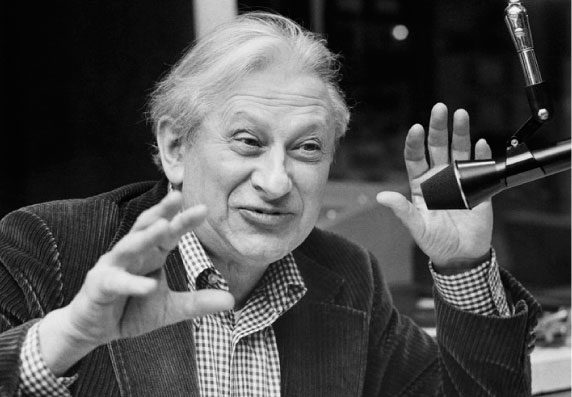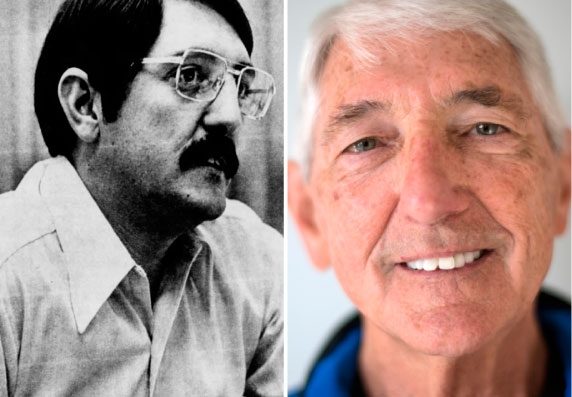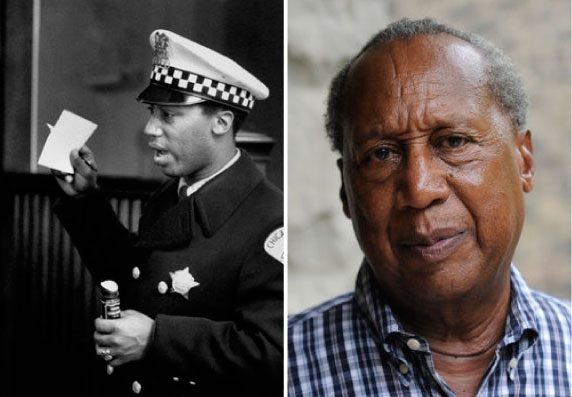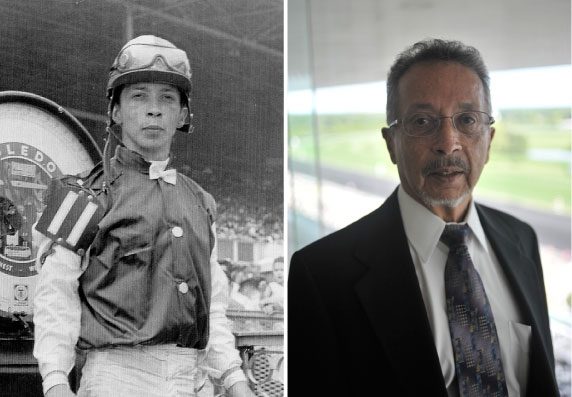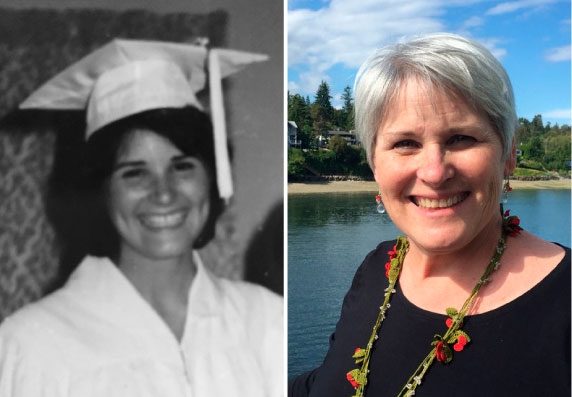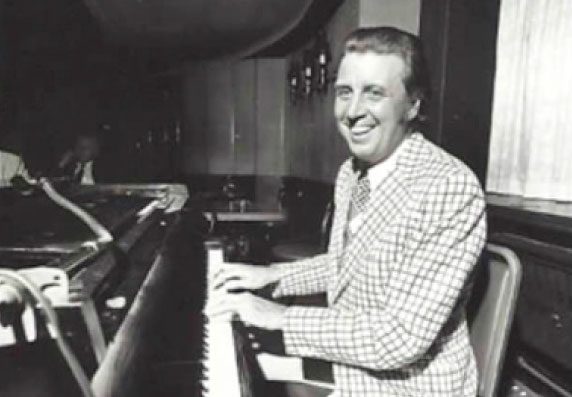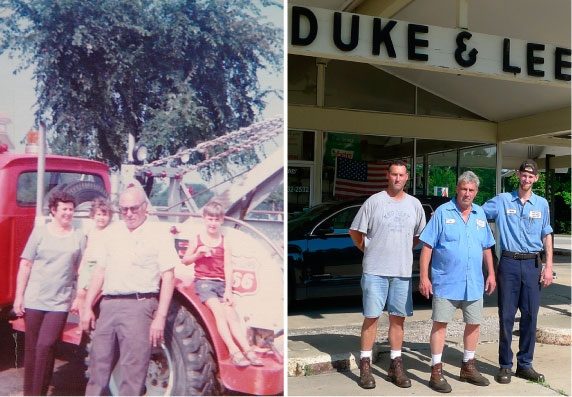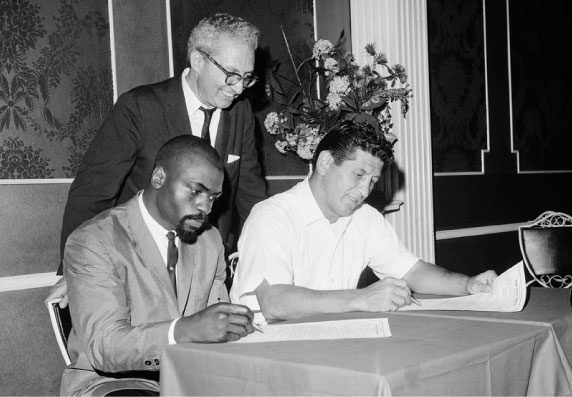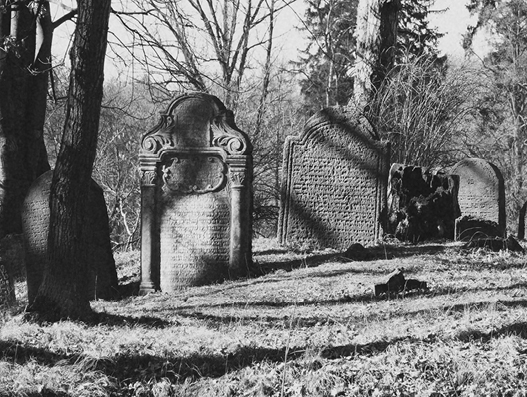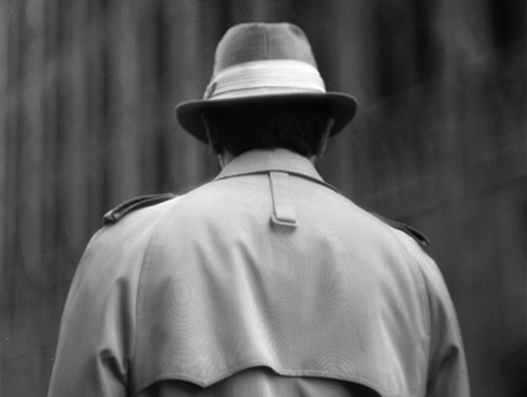In the early 1970’s, Pulitzer Prize-winning author Studs Terkel crossed the country with a reel-to-reel tape recorder, interviewing people about their work. The result was a book called “Working.” It became a bestseller, has influenced people for decades and even inspired a Broadway musical…something rare for an oral history collection. Terkel’s “Working” struck a nerve, because it elevated the stories of ordinary people and their daily lives’ stories to the stature historically held exclusively by famous, wealthy and powerful people.
Until recently, few of Terkel’s actual interviews had ever been heard publicly — and most of the participants hadn’t heard them either — until Project& and Jane M Saks discovered they still existed with the help of the Studs Terkel Archives/WFMT. For decades, the reel-to-reel tapes were packed away in Terkel’s home office. We combed through them all to produce the series with Radio Diaries: “Working: Then and Now.”
Granted exclusive and unprecedented access to Pulitzer Prize-winning author Studs Terkel’s 1974 interviews, we profiled people originally featured in his book who are still living and a few others that are not as they sat down with Studs to talk. The series includes original stories from the field recordings and revisits these individuals joining them as they hear, for the first time, their interview and reflect upon the previous four decades living and working.
“Working: Then and Now” is part of Project&’s Working in America initiative that includes three components. First, is the photographic exhibit traveling the country to public libraries and public venues, the second component is the radio series, “Working: Then and Now” and the third, a living online archive, “Your Working Story,” where anyone can add their working story right here at Working.org or by clicking here.
Go to the “Your Working Story” section to add your own story and read others. With great thanks to our partners at the Studs Terkel Archives/WFMT, the Chicago History Museum and Radio Diaries.
